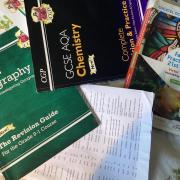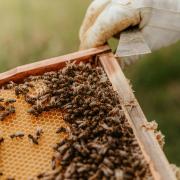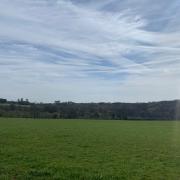
LGBT+ history month is a month in February -for the UK- that centres around LGBT+ history and involves education, events and raising awareness of the contribution’s LGBT+ people have made throughout history. In the UK, it is during February because of the abolition of Section 28 in 2003 but in the US and Canada it is in October to coincide with National Coming Out Day.
I decided to discuss with two people at different stages in their life their opinions on the importance of LGBT+ history month and how education on LGBT+ history has evolved. First, I asked Lynny Turner, a retired lecturer if she thought it was still important to teach young people about LGBT+ history month and if so, why. She said that “people need to understand about the huge variety of different sexualities and gender identities and how people who are different have been abused, punished and held in contempt in the past and also the present”. It is important to understand mistakes made in the past in order to evolve as a society, in fact it is still punishable by death to be gay in many cultures. Ms Turner also said that “A significant proportion of people are ‘different’, and grow up viewing themselves through the eyes of ‘normal. This is very damaging to self esteem and results in much higher levels of mental ill health.” In order to allow LGBT+ young people to feel ‘normal’ they must not be marginalised by the education they receive. However, I also asked a current secondary school student -who prefers to remain anonymous- their opinions on the current LGBT+ history education and they believe it is “lacking in every way” as “history is often taught in a way to avoid mentioning the existence of queer people” and “this ignorance fuels homophobia.” It is hugely important to represent young minorities, not just LGBT+ people, as it can be hugely damaging and, as Ms Turner said, lead to mental health issues later on.
However, I also asked Ms Turner what she would say to a young LGBT+ person to which she replied “Be yourself and find others like you. Be proud, be brave, you can do, and be, whatever you want if you believe in yourself.” If you are a young LGBT+ person, there are many people you can go to if you need help, find supportive friends teachers and family, and in Bromley there is METRO Snap: a confidential youth group for LGBT+ people in Bromley between the ages of 16-25.
By Sadie Saunder



























